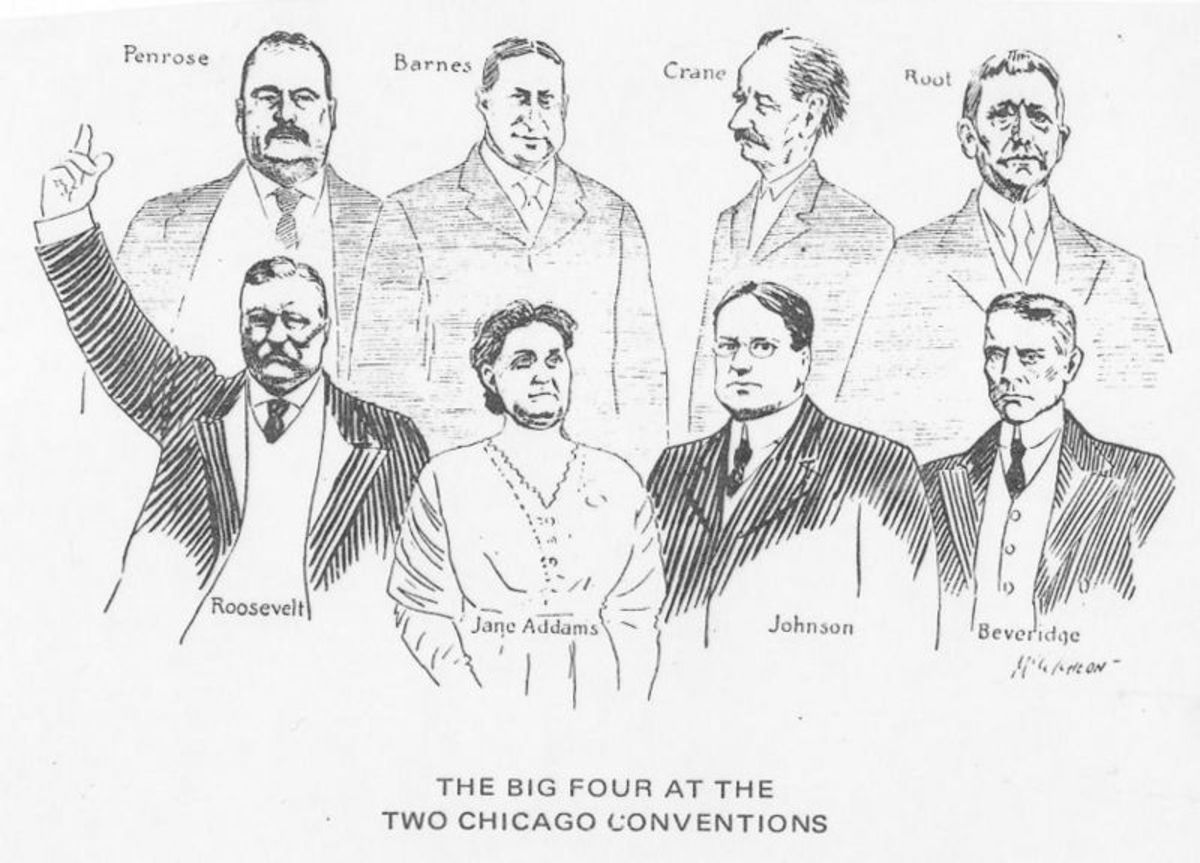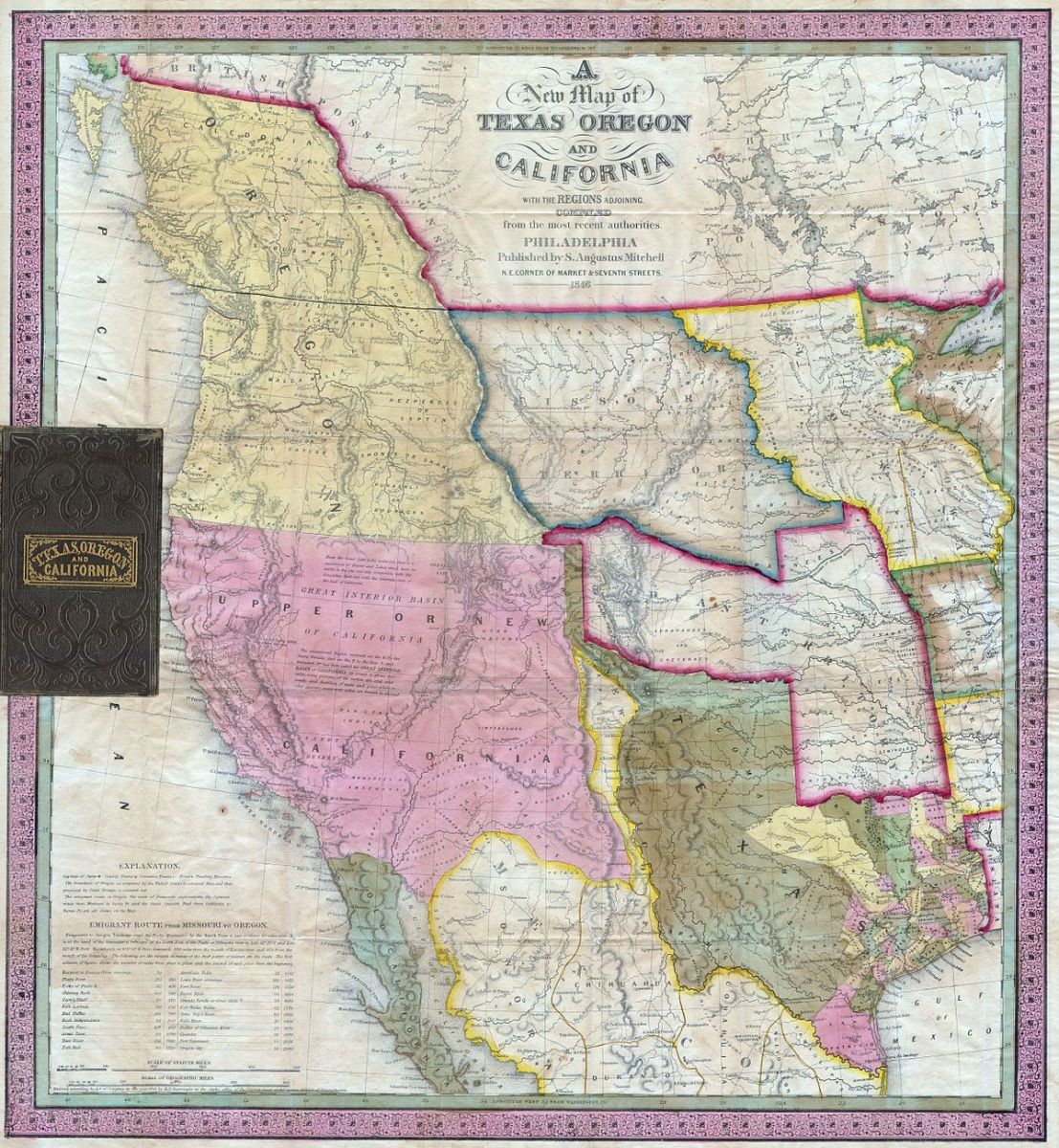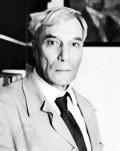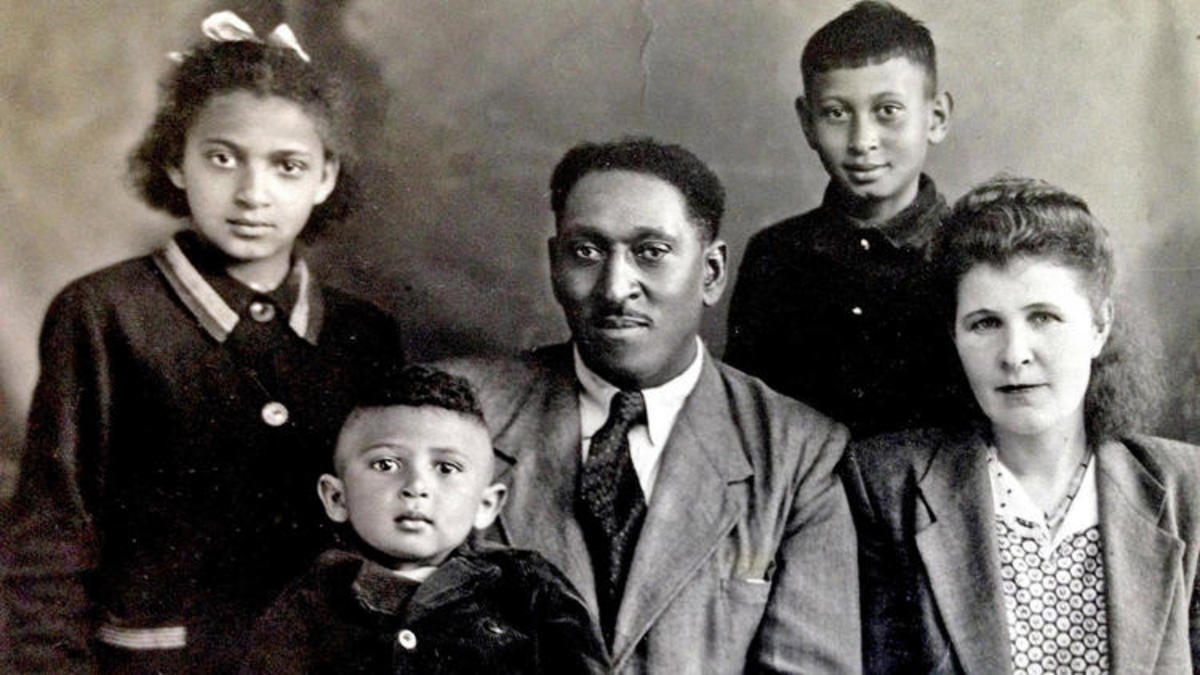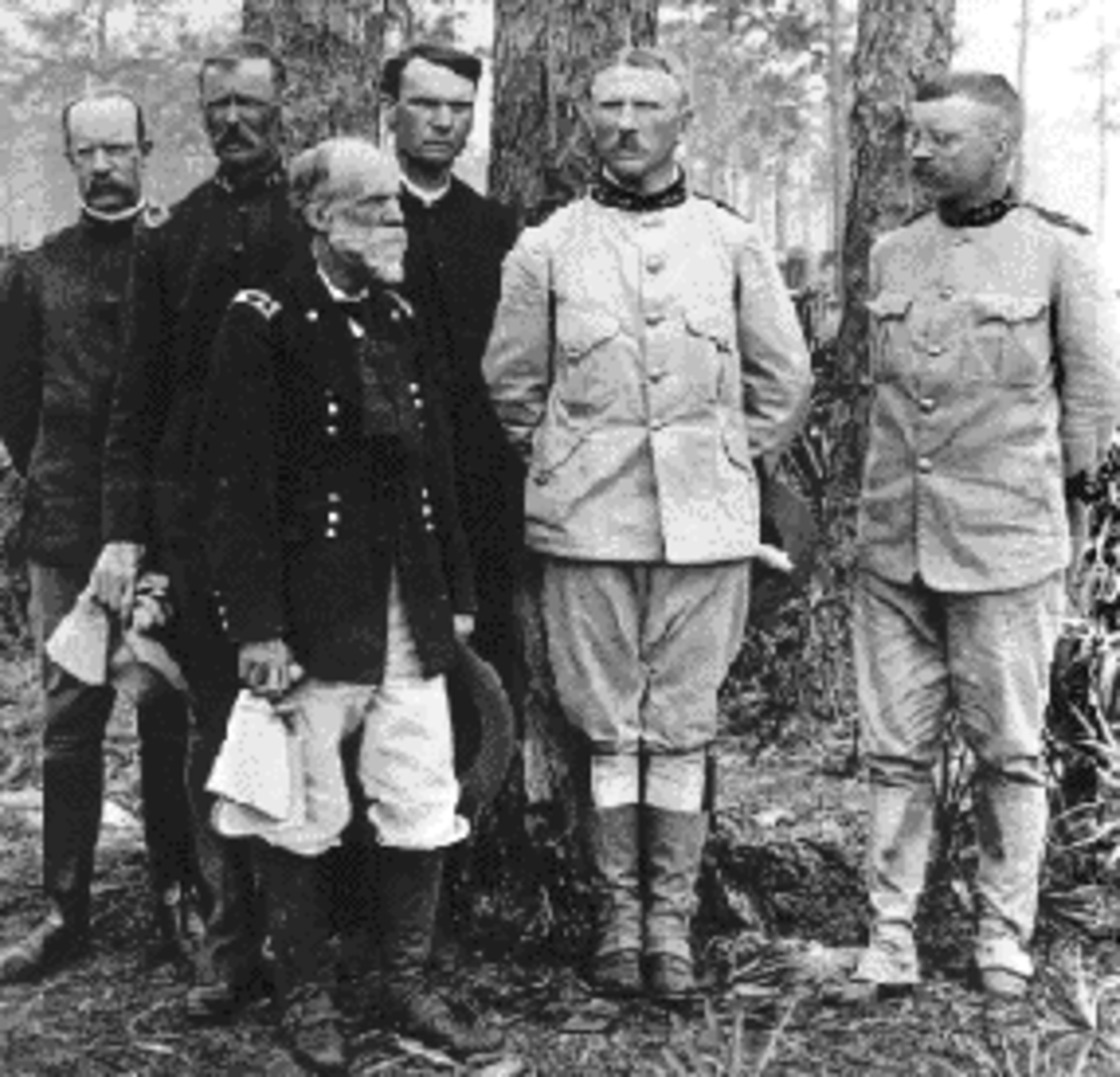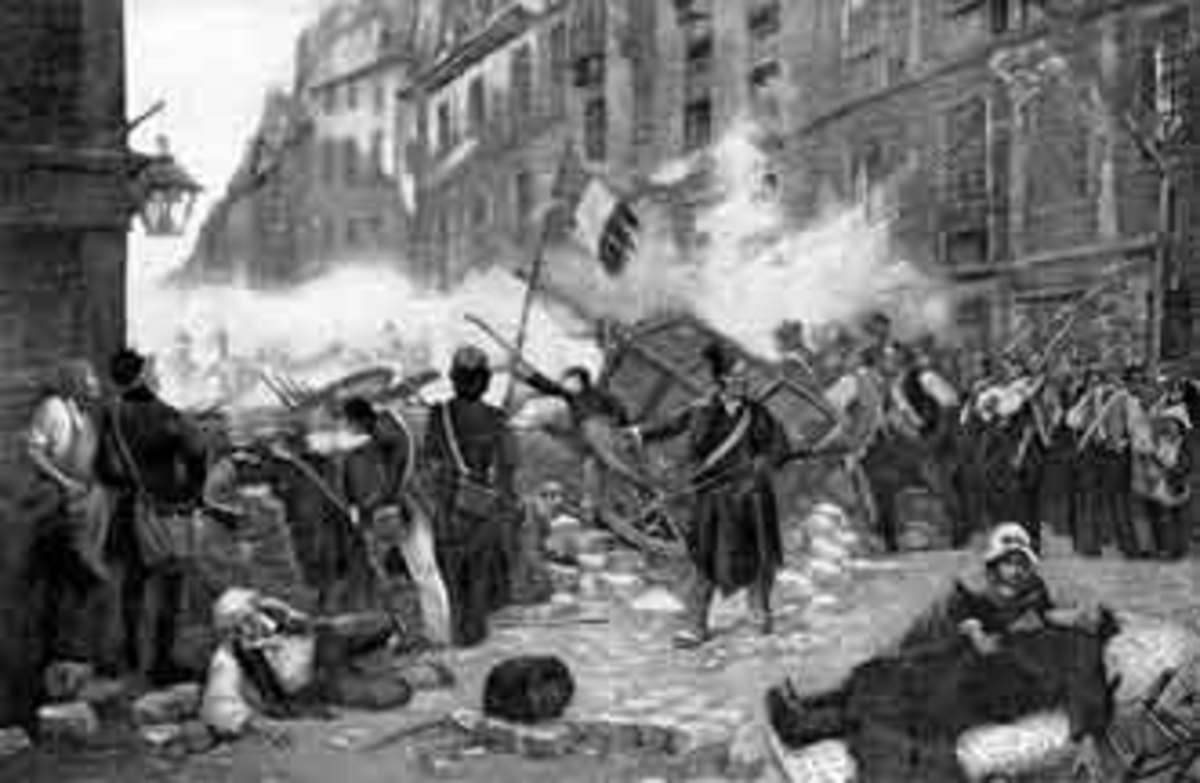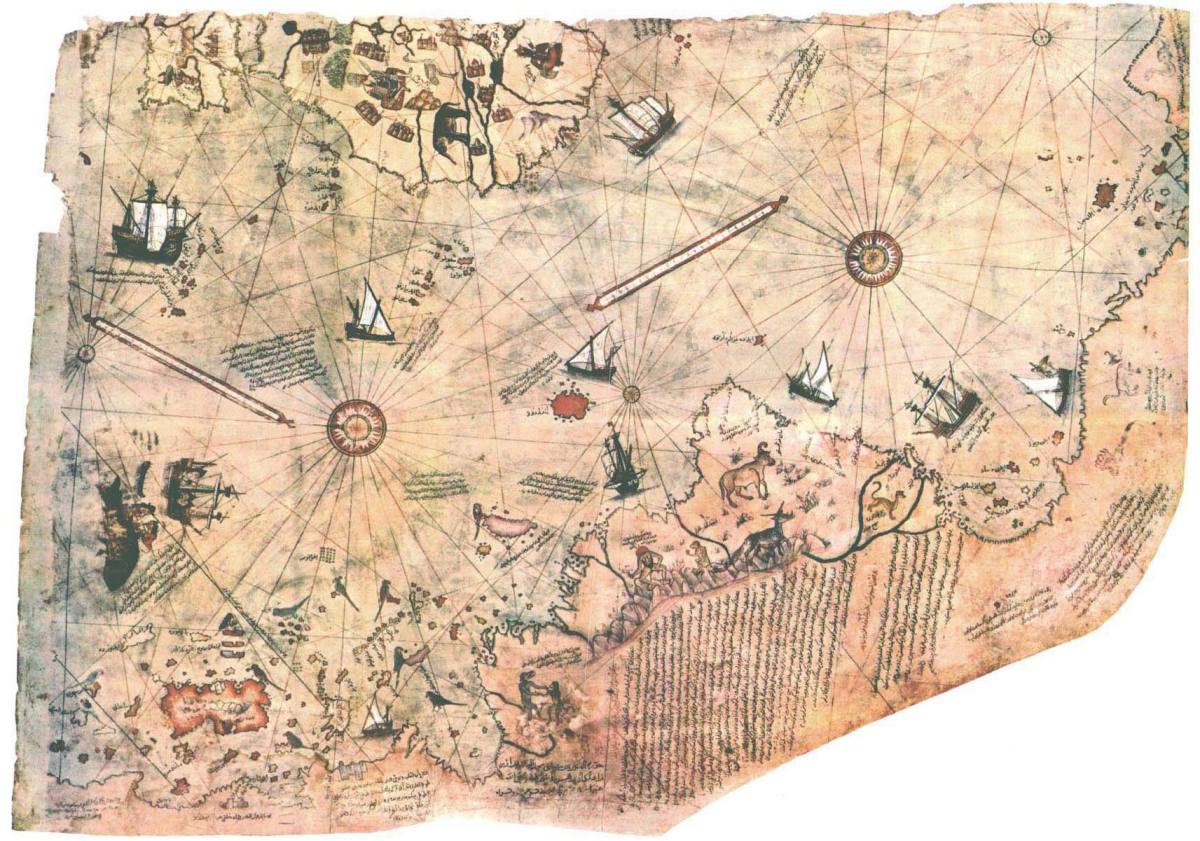Language and Politics: The American-Soviet Cold War (Part Five)
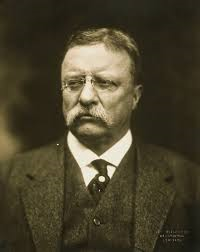
Read part four
http://wingedcentaur.hubpages.com/hub/Language-and-Politics-The-American-Soviet-Cold-War-Part-Four
The entire thrust of the narrative I've been trying to get across is my conviction that "communism" (and even "socialism") is, at heart, a nonexistent, phantom-concept. What I mean is that there is no such thing as "communism," per se. I had two reasons for putting that idea forward: 1) As I tried to show, every single feature of an economy, which we associate with a "communist" or "socialist" system, has either been adopted or pursued by the United States, at one time or another; and 2) Though I called for media historians to do a research project, it seems likely that the word "communist," came from a Russian village system of local administration, the village land commune.
I'll go further and state that the only form of economic organization, the world over, has been what you might call "capitalist," if you like: either state capitalist or so-called private enterprise capitalist. The terms are in and of themselves misleading because in so-called "private enterprise" capitalist systems, there is always substantial public-private handoff, as I discussed elsewhere. Different countries have always seen fit to hold varying proportions of the economy in public-private hands.
What I'm saying is that calling the Cold War a struggle between "capitalism" versus "communism" sounded more professional---starting in 1945---than the invocation "We gotta put those Russian Slavs back in their place.
Let's turn to the words of the twenty-sixth President of the United States, Theodore Roosevelt. Among other things, TR enjoyed something of a prominent reputation as historian and writer, whose output, I understand, was prolific. Its interesting to get a look at how he viewed the Russian Slav.
Theodore Roosevelt: "I think that Russia has an enormous part to play, a great destiny before her. Undoubtedly the future is hers unless she mars it from within. Sometimes I do feel inclined to believe that the Russian is the one man with enough barbarous blood in him to be the hope of a world that is growing effete. But I think that this thought only occurs when I am unreasonably dispirited. Of course, both the English and the Americans are less ruthless, and have the disadvantages of civilization" (1).
Let's pause for a moment:
1. Roosevelt believes Russia has "a great destiny before her."
2. The future belongs to Russia, as long as "she" doesn't mess it up from within; there is some wariness about Russia's internal form of government.
3. TR says that sometimes he thinks Russia is the only "man" (nation) with enough "barbarous blood" (in this context "barbarous" is a good thing) to be the hope of the world.
4. But notice, Roosevelt negates point #3 by saying that he thinks that he only thinks that when he is feeling depressed. In other words, when he is in good spirits, he does not think Russia is the only "man" with "enough barbarous blood" to be the hope of the world.
5. Think of it: TR's mood swings have geopolitical implications. He has to be depressed to think of Russia as mankind's savior. When he's not depressed, he does not think that Russia is the only man with enough barbarous blood to save the Earth, from whatever he thinks it needs saving from.
Let's continue.
TR: "The English-speaking race shares with the Slav the future, although the German too will play a great part in the present century. I suppose that what I am about to say is a dream, but I do wish that Russia could grow fast enough in civilization to make it possible to cooperate with her and let her have her own way in working up Slav civilization in her part of Asia, provided she did not interfere elsewhere. Russia's day is yet afar off. I think the twentieth century will still be the century of the men who speak English. The growth of the Slav is slow" (2).
1. This is starting to sound a lot like the way American politicians and thinkers talk about China today.
2. TR is all over the place. On the one hand, he conceives of a world order managed by the "English-speaking race" and the Slav. Read that paragraph carefully. Roosevelt seems to depict the English-speaking race and the Slav as equals, with Germany playing a strong but supporting role: "...although Germany too will play a great part in the present century."
3. Then TR says maybe he's just "dreaming" but he "wishes" "that Russia could grow fast enough in civilization to make it possible to cooperate with her and let her have her own way in working up Slav civilization in her part of Asia..."
a. This is puzzling when you think about it. Does TR mean that if Russia does not "grow fast enough in civilization," she will not "share the future" with the "English-speaking race," after all? Does he mean that if she does not do so, that Germany, the supporting player, will take her place in sharing the future with the English-speaking race?
This "squishiness" is very interesting to see because:
During World War II, Nazi Germany was the enemy. "Uncle Joe" Stalin was America's "friend."
But after the war, the US didn't mind using the help of Nazi war criminals to help out with the space program and do intelligence against the Soviets (3).
4. There is something ominous that crops up. Roosevelt expresses the wish the Russia could develop quickly enough embrace her destiny along with the English-speaking race, "provided she did not interfere elsewhere." TR acknowledges Russia to have a specific turf within Asia.
Let's go on.
"The Russians offer a very much more serious problem than the Germans, if not to our generations, at least to generations which will succeed us. Russia and the United States are friendly, but Russians and Americans, in their individual capacity, have nothing whatever in common. The Russians strike me as corrupt, tricky, and inefficient. They think they should be looked upon as huge, powerful, barbarians, cynically confident that they will in the end inherit the fruits of our civilization, firmly believing that the future belongs to them, and resolute to develop their own form of government, literature, and art, despising as effete all of Europe and especially America. I look upon them as a people to whom we can give points, and a beating, a people with a great future, as we have, but a people with poisons working in it, as other poisons, of similar character on the whole, working in us" (4).
Again, all over the place.
1. But notice that from the opening line of that paragraph, we see Theodore Roosevelt thinking of Russia as a "very much more serious problem," if not for his generation, for "generations that will succeed us."
2. Again, its striking how much this sounds like the way US leaders talk about China today. Just replace the Russians being "corrupt, tricky, and inefficient," with what is said about the Chinese, calling them "currency manipulators."
3. How about this part: "... cynically confident that they will in the end inherit the fruits of our civilization,..."? Are our leaders, today, not always accusing China of technological "piracy" and copyright infringement?
4. "...a people we can give points, and a beating..." Again, China to a 'T.' Our leaders are always mumbling about whether to consider China a "partner" or a "strategic rival," and so forth.
Last passage
"The Russian started far behind, yet he has traveled that path very much farther and faster since the days of Ivan the Terrible than our people have traveled it since the days of Elizabeth. He is several centuries behind us still, but he was a thousand years behind us then. All other nations of European blood, if they develop at all, seem inclined to develop on much the same lines, but Russia seems bound to develop in her own way, and on lines that run directly counter to what we are accustomed to consider as progress. If Russia chooses to develop purely on her own line and to resist the growth of liberalism, then she may put off the day of reckoning, but she cannot ultimately avert it, and instead she will sometime experience a red terror which will make the French Revolution pale" (5).
1. Again, China is spoken of in similar terms today with respect to their industrial modernization. "The Russian started far behind, yet he has traveled that path very much farther and faster..." and "He is several centuries behind us still, but he was a thousand years behind us then."
2. Notice how TR observed that "... Russia seems bound to develop in her own way, and on lines that run counter to what we are accustomed to consider as progress." Our leaders say the same about China, but without calling the Chinese "communists" anymore. We acknowledge the Chinese as capitalists, if, perhaps, something like, "authoritarian capitalists" or something like that. What is meant by "counter to what we are accustomed to consider as progress"?
3. "Counter to what we are accustomed to consider as progress," seems to mean that Russia "resist[ed] the growth of liberalism."
4. Russia's resistance to liberalism sets up, as TR saw it, her future collision with a "day of reckoning," a "red terror," or revolution that will make the French Revolution "pale."
So, we see TR predicting that Russia will suffer a "red terror" of revolution on its soil, if it continues to "resist liberalism." Well, Russia did meet its "day of reckoning" in 1917, with the Bolshevik Revolution. In part six we'll see something of how that all worked out.
Thank you for reading!
References
1. Ruddy, Daniel. Theodore Roosevelt's History Of The United States: His Own Words, Selected, And Arranged By Daniel Ruddy. Smithsonian Books, 2010. 298
2. ibid
3. Jacobsen, Annie. Operation Paperclip: The Secret Intelligence Program That Brought Nazi Scientists To America. Little, Brown, and Company, 2014.
4. Ruddy, D. Theodore Roosevelt's History. 298
5. ibid, 299

